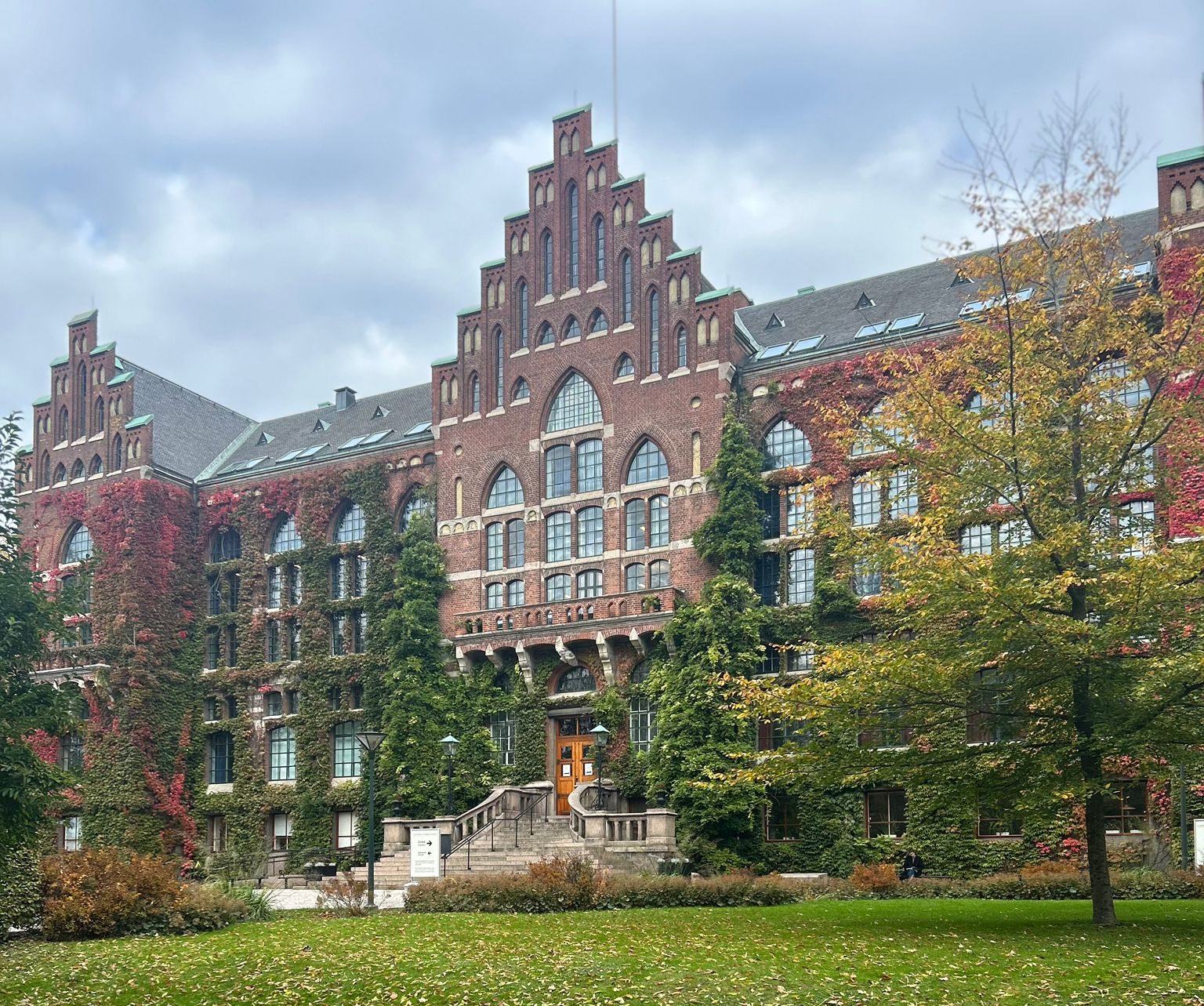Hi, my name is Trisha. I earned my B.A. in History and am currently pursuing an M.A. in Migration Studies at the University of Copenhagen. And I participated in an exchange program at Lund for the 2024 autumn semester.
I decided to pursue Migration studies, as I was super intrigued about how multidisciplinary the field is, but I also wanted to do something that was relevant to my own personal life and my family’s migration experience from the Philippines to the U.S. I chose Sweden for my exchange because I had heard many wonderful things about the courses and professors. Specifically, I learned that Lund is a top destination for studying abroad and has one of the most beautiful campus (which is true, I loved exploring and seeing all the buildings and how accessible so many things are)
This exchange was actually an unexpected opportunity… I was just casually browsing through courses at my home university and found them quite boring…. Then I looked at Lund and saw how many courses were really intriguing based off the syllabus, and applied before the deadline (which was three days before, oops my bad!)
I took COSM32 (Asian Studies: East and South-East Asia's Role in the Global Economy), COSM34 (Development Theories and Issues in Asia), COSM51 (International Relations in East and South-East Asia: Issues and Cases), AND RETN10 (Rhetoric: Rhetorical Argumentation)
All the COSM courses did not broaden my understanding of Swedish society, however, it does enhance to the broader field of Migration Studies. As all the COSM courses were East & South East Asia focused, it put more perspective on the geographic region, and how the Asian Studies discipline and theories can play a significant role in Migration Studies.
And to not forget, RETN10 was a random course I just chose on a whim, but it broadened my understanding of how the discipline of rhetorical argumentation can be utilized in all disciplines.
Compared to my home university, everything was quite different. The grading system was in Sweden is letter grade while in Denmark you get a number (f.x. -03, 00, 02, 04, 07, 10, 12).
My academic expectations I think were pretty similar to my home university, however, after like one month or so, my expectations changed. I had to change how I did things at my home university to fit the academic expectations at Lund.
Teaching methods were similar, yet quite different. I think at Lund, there was such a big emphasize on professors seeing what you learned and what you can take from the classroom. At my home university, it’s like you are just studying and working hard to fit the standards of the professor for your exam.
Compared to my home university, I noticed professors and students interact way more, there’s office hours, professors are always available via mail. I also sensed there is a lot of trust that students have for their professors, to me the professors want their students to succeed and will help them along the way. The professors want to see you grow/learn through the course, which I really appreciate.
I also noticed students really want to talk and connect with each other, don’t mind interacting with new students in their courses, and how they are always willing to help out a fellow classmate. There are a lot of student initiatives and advocacy (which I have really liked experiencing and enjoyed). Undoubtedly, in my opinion it is completely different from my home university.
 Lund University Library, Autumn 2024: Photo by Trisha Mangayao Beachum
Lund University Library, Autumn 2024: Photo by Trisha Mangayao Beachum